Turn any article into a podcast. Upgrade now to start listening.
Premium Members can share articles with friends & family to bypass the paywall.
Hello and happy Saturday. With the European Union facing the prospect of 30 percent tariffs on exports to the United States, President Donald Trump and European Commission President Ursula von der Leyen announced last Sunday they had agreed to a framework for a trade deal.
On the surface, the deal appeared lopsided in favor of the United States. EU nations would face 15 percent tariffs on exports to the U.S., but exports from the U.S. to the EU would face none. And, as media reports noted, the EU pledged to purchase $750 billion in U.S. energy and invest $600 billion in the United States. Leaders of EU member nations groused publicly about the terms, while Trump called it the “biggest deal ever made.”
It appears the president might not have read the fine print. Or perhaps he has not studied the intricacies of EU politics. Luckily for The Dispatch, John Gustavsson has. He explained that a framework is not a deal, and that the path from the former to the latter is arduous and convoluted. And he argues that von der Leyen played Trump.
The fastest trade agreement ever passed by the EU was the one it reached with the United Kingdom after Brexit, which took a mere 10 months. Durations of three to five years are more typical, even when the agreements are highly favorable for the EU.
What Ursula von der Leyen did was buy the EU time.
EU exporters can breathe a little easier, as their goods will be subject to 15 percent tariffs rather than 30 percent as negotiations continue. But what did Trump get out of it? As Jonah Goldberg noted in the Friday G-File, “What Trump got was a great headline.”
Indeed, the currency of the Trump administration is the headline, the photo op, and the press release. It’s the condo-salesman approach to politics. In his first term, Trump announced a historic pact with North Korea on “denuclearization.” He got the handshake and the headline, but North Korea expanded its arsenal. … He proclaimed his replacement of NAFTA was a complete rewriting when it was a modest updating. He wanted Ukraine to say Joe Biden was under investigation for corrupt practices, and he’d do the rest. He made a similar demand of the Department of Justice after he lost the 2020 election, asking it to simply say they were investigating corrupt practices, and he’d do the rest. He’s very good at selling the sizzle as proof that there’s a steak.
One more note on the EU trade deal: Longtime readers know that our co-founder Steve Hayes is a big fan of Spanish wines. But I have it on good authority that he was not the editor who assigned Michael Warren’s piece on how U.S. wine producers feel about the tariffs. Spoiler alert: They’re not happy.
American wine distributors, retailers, and producers aren’t exactly popping their champagne (or California sparkling, as it were). That’s because this deal amounts to massive disruption in their relatively small but growing industry, both when it comes to importing European wine and exporting American wine.
Thank you for reading, and I hope you have a great weekend. Please note that there will be no Weekly next Saturday. We’re escaping the Ohio bureau for a little trip to the Smoky Mountains and I’m hoping the Wi-Fi isn’t working at our cabin. See you in two weeks!
The Second Great Awakening wasn’t just a revival. It was more of a “process” by which American religion became much more evangelical between the 1790s and 1830s. (“Evangelical” means they preached that all people needed the “new birth” in Christ for salvation.) Americans might assume that the height of their nation’s religious commitment was around its Founding. Some likewise figure that spiritually, it’s been going downhill ever since. But in many ways, America became increasingly religious through the first half of the 19th century. If the 1607 establishment of Jamestown, Virginia, (the first permanent English colony) was “the Founding,” it raises questions about religious commitment. Lots of people in early Jamestown were religious, and virtually all the white colonists there would have said they were Christians. But proprietors founded the Virginia colony for business purposes, not religious ones.
The Trump administration has attempted to make sweeping use of emergency powers in the areas of immigration, trade, and domestic use of the military. In each case, President Donald Trump has tried to use powers legally reserved for extreme exigencies—invasion, war, grave threats to national security—to address essentially normal political challenges. If he is allowed to get away with them, these abuses would set dangerous precedents and gravely threaten civil liberties and the structure of our constitutional system.
Whom should you trust among those that are alleging widespread hunger in Gaza? The local health ministry? That’s tantamount to trusting Hamas. The United Nations? They’ve been biased against Israel for decades. Last year the U.N.’s relief arm in Gaza fired nine employees on suspicion of participating in the October 7 pogrom. American media? Their own flagrant pro-Palestinian sympathies have supported a cottage industry of watchdogs and fact checkers that hasn’t yet run out of content in the many years that I’ve been following this topic. … We can’t trust those who claim that Israel is starving Gazans. Does that mean we should trust Benjamin Netanyahu, who claims it isn’t happening? We should not, as there’s plenty of reason to think that hunger may have reached crisis levels.
Best of the Rest
Do You Have a ‘High-Quality’ Family?
Whether we should optimize health in parents is a moral question for our time.
Two Cheers for Behaving Badly
The life and death of Ozzy Osbourne.
New York Professionals Increasingly Anxious About Zohran Mamdani
The Democratic mayoral nominee’s agenda is rattling the suit-and-tie set.
The Nero of Jamaica Estates
The Founding Fathers did not account for the possibility of someone like Donald Trump.
State Department Muzzles U.S. Diplomats on Foreign Elections
A new cable restricts State Department officials from commenting on the ‘fairness or integrity’ of elections abroad.
When a Camera Makes the Call
In both pro football and baseball, human fallibility is being replaced by technology.
Aristotle Warned Us to Guard the Middle Class
There’s a correlation between the shrinking middle and political polarization.
Why We Schooled Our Kids at Home—and Why We Finally Sent Them Out
How homeschooled children are turning out, from one dad.
Guns, Gays, and Birthright Citizenship
What is in the best interest of LGBTQ foster children?
Blind the Enemy
Standing up to brittle regimes.
Artificial Reef Conservatism | Solo
‘It’s stupid like a monkey playing 3-D chess.’
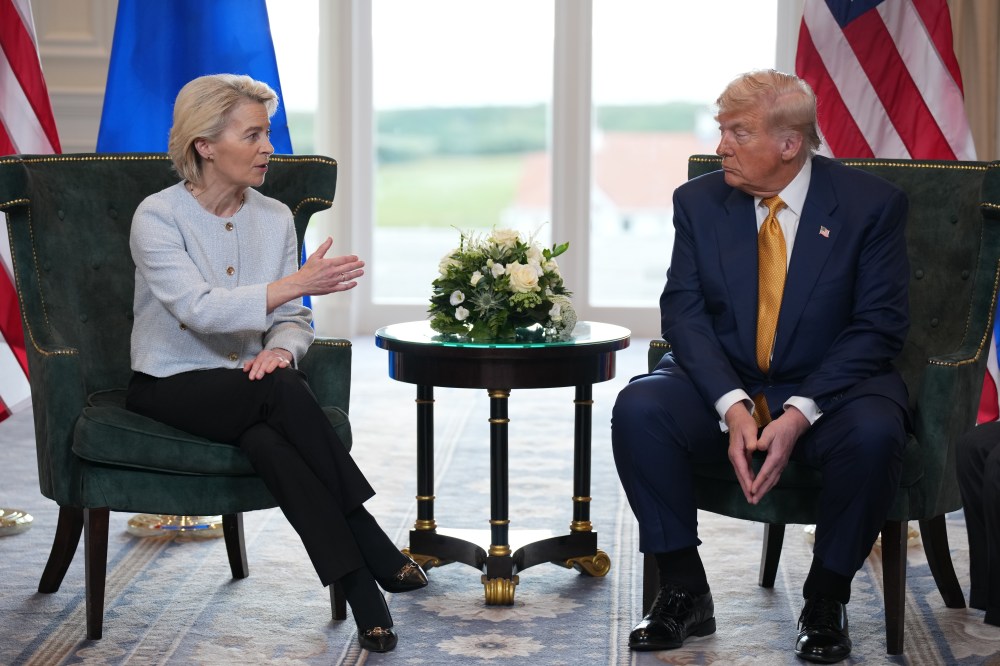
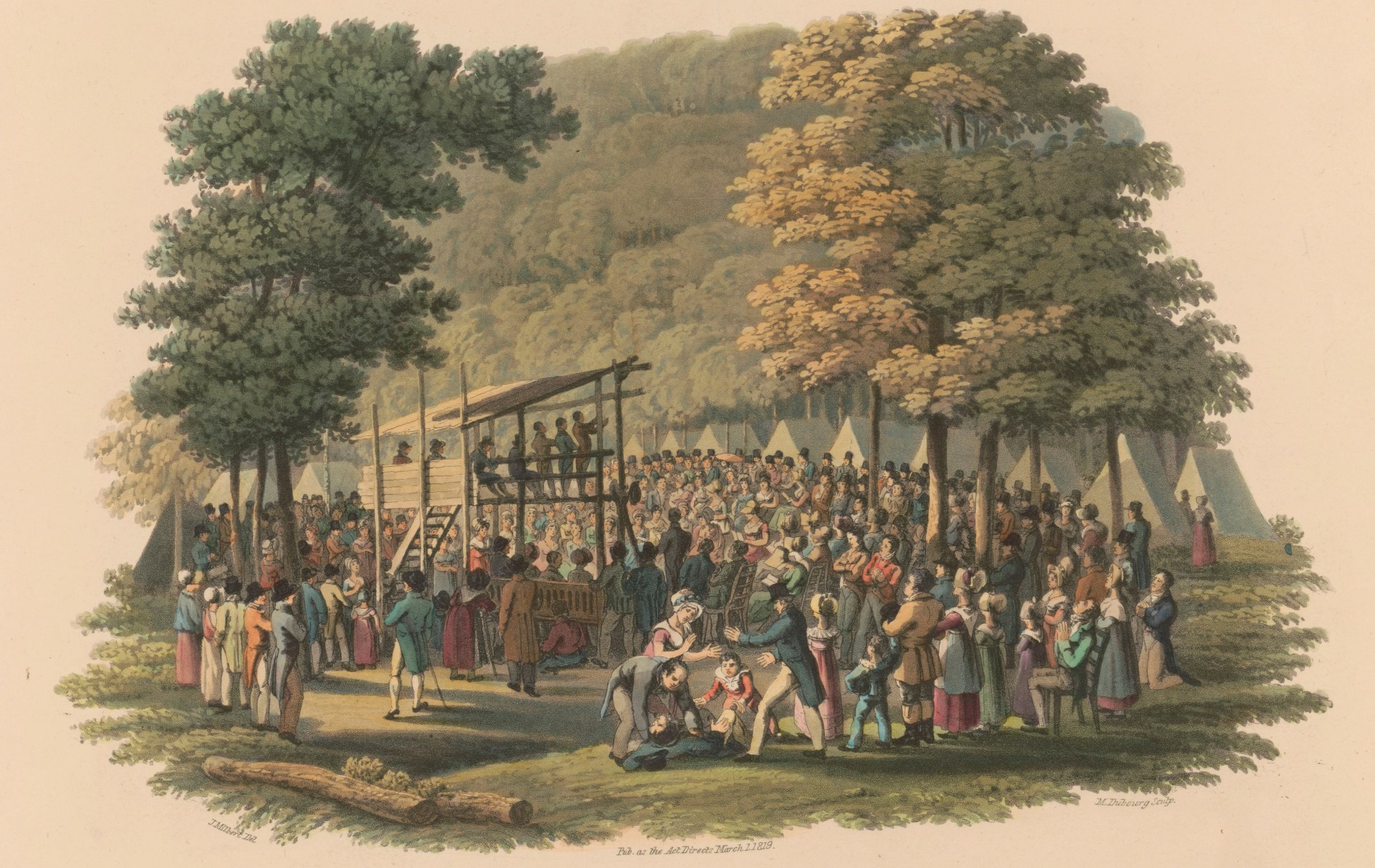
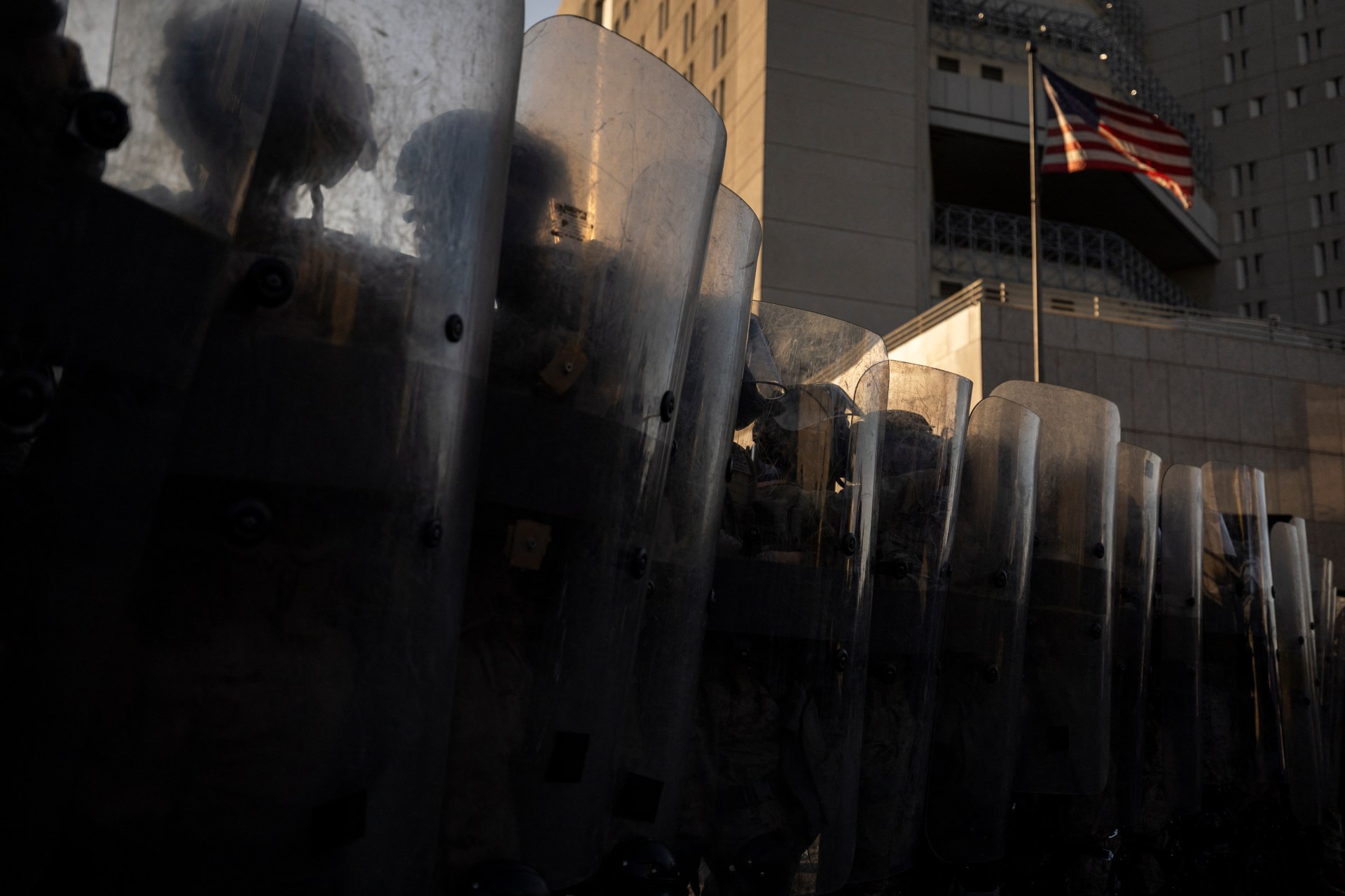



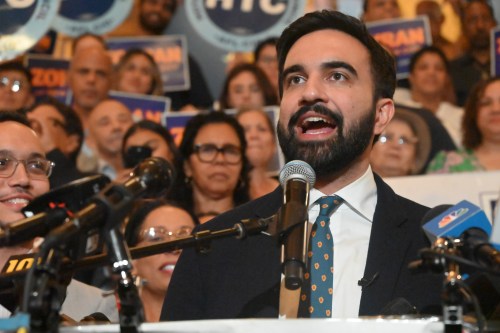
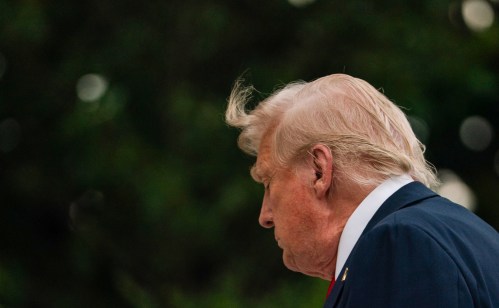
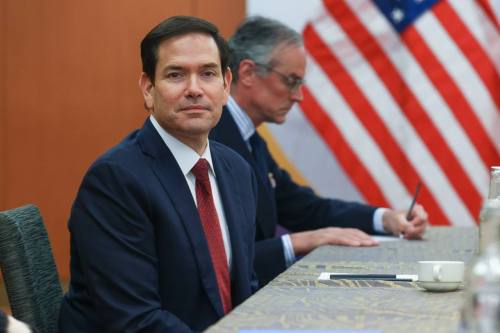

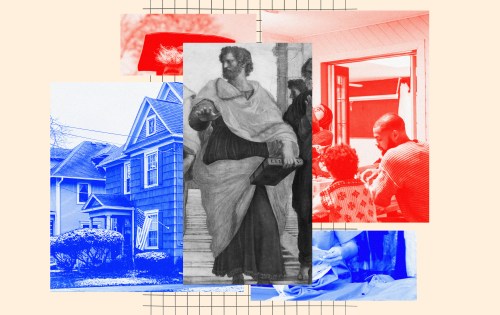

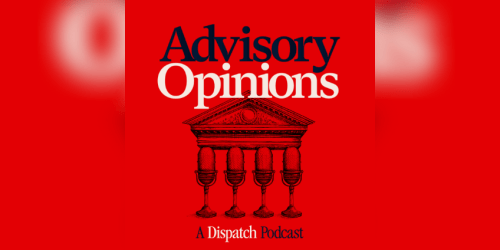





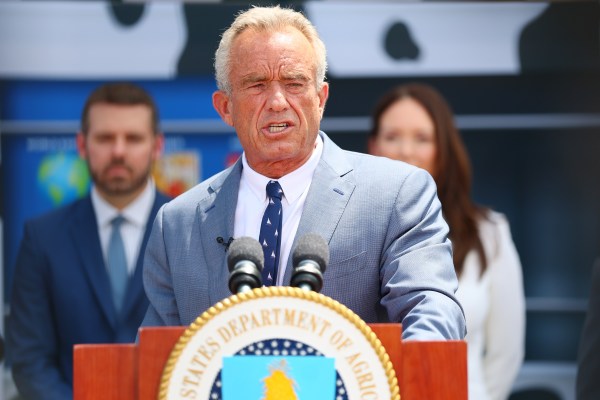


Please note that we at The Dispatch hold ourselves, our work, and our commenters to a higher standard than other places on the internet. We welcome comments that foster genuine debate or discussion—including comments critical of us or our work—but responses that include ad hominem attacks on fellow Dispatch members or are intended to stoke fear and anger may be moderated.
With your membership, you only have the ability to comment on The Morning Dispatch articles. Consider upgrading to join the conversation everywhere.